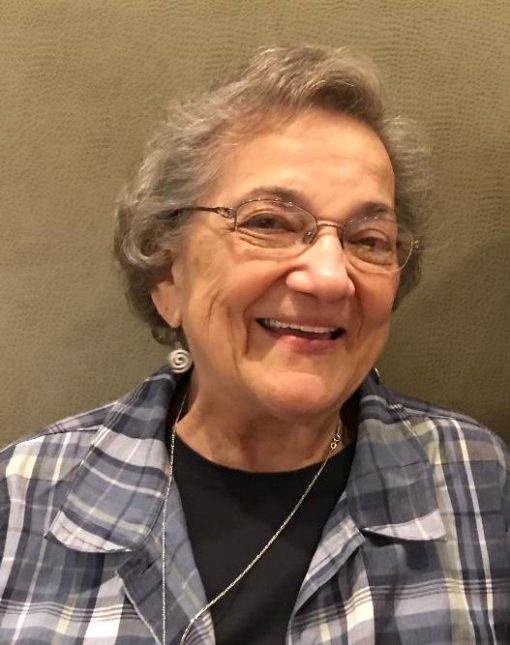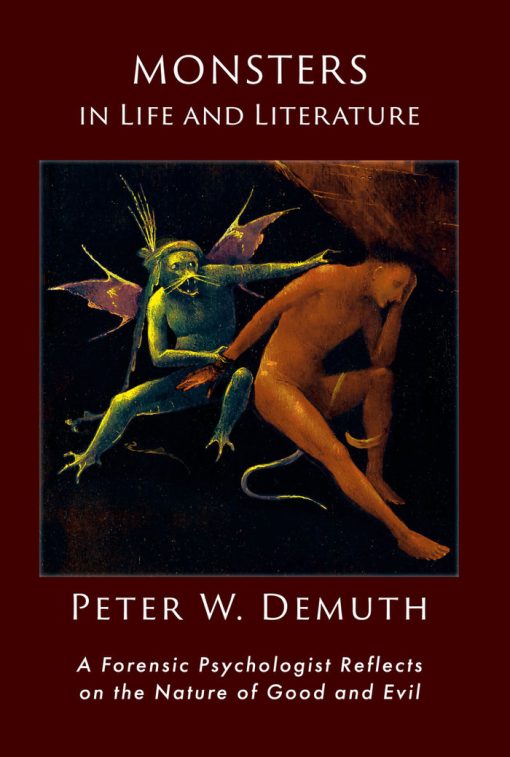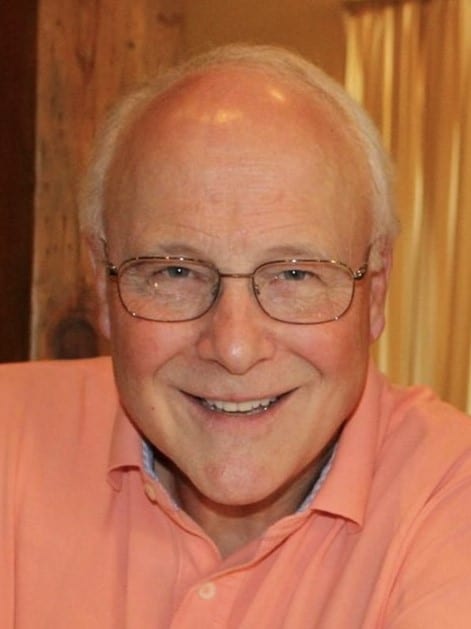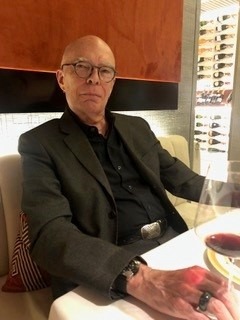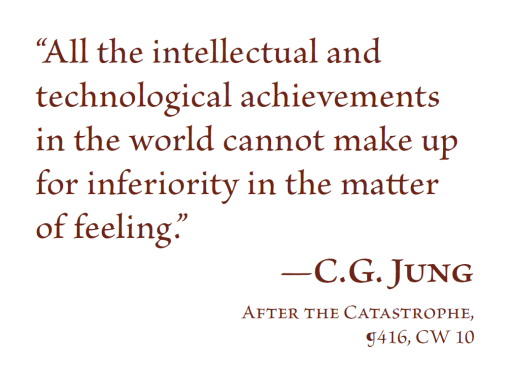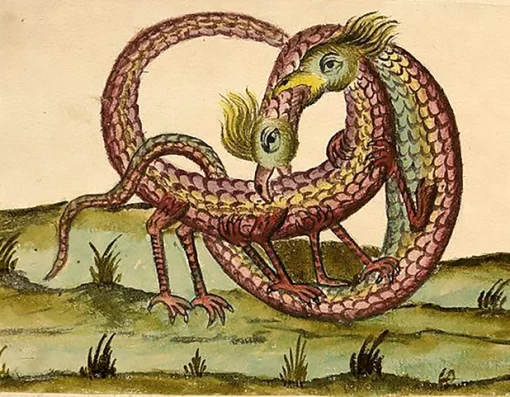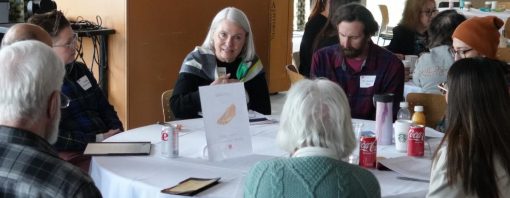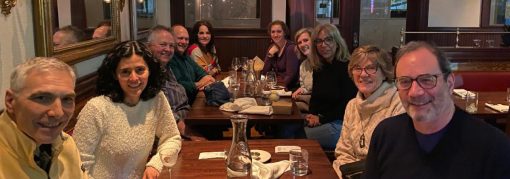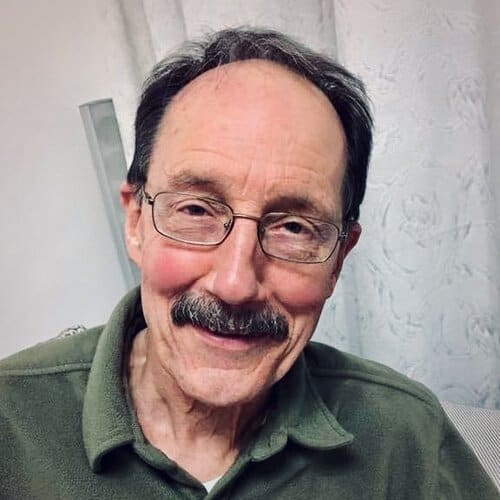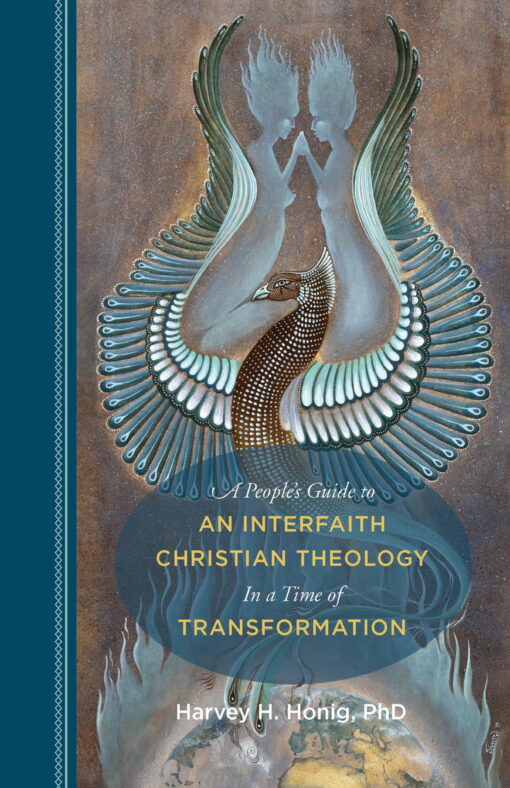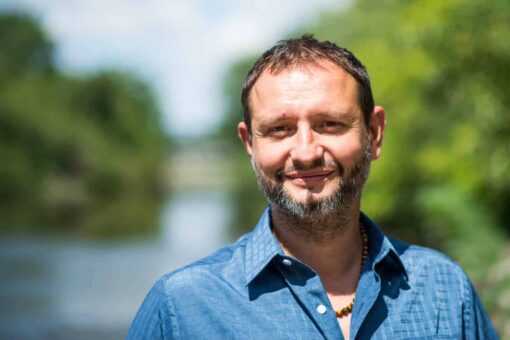In Memoriam: Shirley M. Fontenot
Shirley M. Fontenot was born on May 25, 1935, to Curtis and Marie (Ortego) Fontenot in Villa Platte, Louisiana. She was one of the youngest of six children. She lived in University City, MO, with her long-term partner, Rose. Shirley was a “small” extraordinary woman. She became a Catholic nun, entering the convent immediately after high school. She taught first grade for 16 years and often said her finest education came by way of the many children who passed through her classroom. During her time in the convent, she also earned her bachelor’s and master’s degrees in education.
Shirley left the order after 26 years and moved from Louisiana “Cajun Country” to Chicago to pursue her interest in Jungian Psychology. During the next 20 years, she completed master’s degrees in both Pastoral Studies and Divinity, as well as a doctorate in ministry, and worked as a psychotherapist. In 1993 she earned a diploma as a Jungian Analyst and enjoyed this profession for nearly 30 years. She was engaged in some form of formal education for one-third of her life. She semi-retired at age 87.
(more…)
